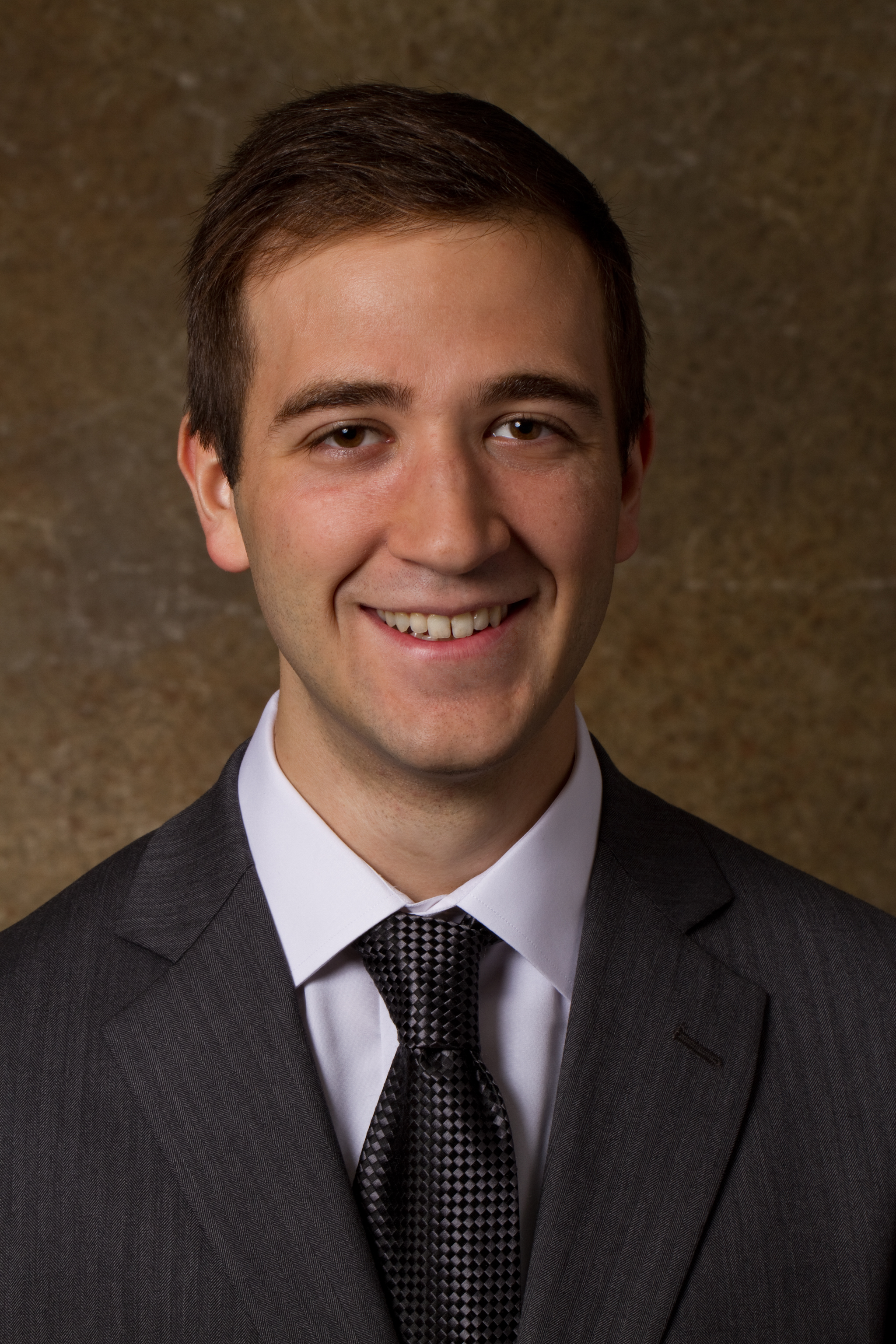 Payer+Provider Syndicate President Adam C. Powell, Ph.D., discusses the ambulatory surgery center as a disruptive force among healthcare providers and how ASCs can leverage this power in their market.
Payer+Provider Syndicate President Adam C. Powell, Ph.D., discusses the ambulatory surgery center as a disruptive force among healthcare providers and how ASCs can leverage this power in their market.
Q: What aspects of surgery centers make them a disruptive innovation in healthcare delivery?
Adam Powell: Surgery centers tend to be focused factories. Many of them are single-specialty providers, so they do only one thing and do it very well. As a result, they can have lower costs, higher quality, and more optimized support services than general institutions. Many surgery centers only perform a small number of procedures, and as a result of their focus, can perform at a higher level quality. Practice makes perfect.
Teams have been found to operate better when there is less variation in output and team composition. Employing a smaller number of people and having them work together in consistent teams rather than in teams that are frequently shuffled has been shown to produce higher quality care.
Q: How can surgery centers capitalize on these qualities to gain market share?
AP: They can market the core competencies they have, such as excellent quality in surgery "X." Many hospitals have been marketing their specialties in response to surgery centers. This has been going on for a long time, but surgery centers are taking even more volume now. Regulatory changes at CMS have enabled surgery centers to bill Medicare for a wider variety of procedures, which means they can now market more things.
Accountable Care Organizations (ACOs) present an additional opportunity for ASCs. If surgery centers are able to provide surgeries at a lower cost than traditional hospitals, their presence within an ACO can drive down the ACO’s cost of service for the patient population.
Q: What unique aspects of the healthcare industry have made it difficult to take full advantage of these qualities?
AP: Surgery centers by law need to be located near hospitals because they need to be able to transfer patients to hospitals in the event of an emergency. As a result, the number of locations in which surgery centers can be situated is somewhat constrained. Another special consideration is that there are differences in reimbursement for hospital-based care versus surgery center-based care. As a result, some of the savings that surgery centers provide accrue to the payor rather than the provider.
Q: What role do you see ambulatory surgery centers playing in the future?
AP: I see them playing a much larger role going forward. Their role has grown and will likely continue to do so. ASCs provide focused care in a potentially more comfortable setting than the general hospital. Their focus enables them to potentially achieve both higher quality and lower costs. As the population ages, there will be an increasing demand for surgery. ASCs have been innovators because they have pushed the development of surgical procedures that are less invasive and have shorter recovery times. These advances in some cases have enabled procedures to be performed in physician offices. I foresee a future in which there is an increase in both the convenience and the specialization of care. ASCs are leaders in driving these improvements.
More Articles on Surgery Centers:
5 Steps for Surgery Center Leaders to Reverse Unhappy Surgeons Before It's Too Late
5 Goals for Surgery Centers in 2013
5 Tips for Physician Recruitment in ASCs

